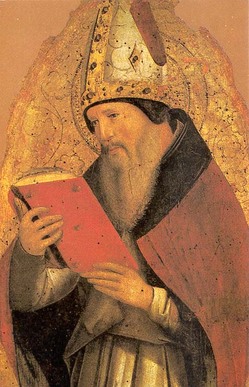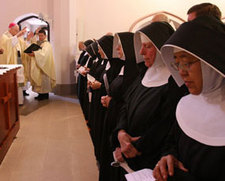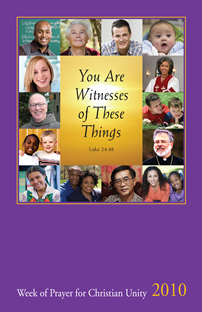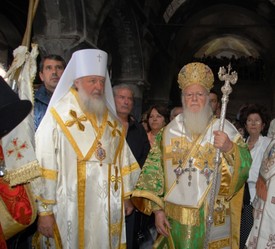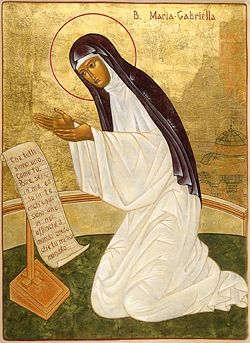The
following is the text Benedict XVI sent to Cardinal Walter Kasper, president of
the Pontifical Council for Promoting Christian Unity, on the occasion of the
11th Inter-Christian Symposium, which began today in Rome.
Through you,
venerable brother, in your capacity as president of the Pontifical Council for
Promoting Christian Unity, I have the pleasure and joy of sending a warm and
auspicious greeting to the organizers and participants of the 11th
Inter-Christian Symposium, promoted by the Franciscan Institute of Spirituality
of the Pontifical University Antonianum and by the Aristotle Orthodox
Theological Faculty of Thessalonica, planned in Rome from Sept. 3-5.
I am happy
first of all for this initiative of fraternal encounter and exchange on the
common aspects of spirituality, which is beneficial for a closer relationship
between Catholics and Orthodox. In fact, these Symposiums, which began in 1992,
address important and constructive topics for reciprocal understanding and unity
of intention. The fact that it takes place alternatively in a territory of
Catholic or Orthodox majority also allows for real contact with the concrete,
historical, cultural and religious life of our Churches.
In particular, this
year you wished to organize the Symposium in Rome, city that offers all
Christians indelible testimonies of history, archaeology, iconography,
hagiography and spirituality, strong stimulus to advance toward full communion
and above all, the memory of the Apostles Peter and Paul, Protothroni, and of
so many martyrs, ancient witnesses of the faith. Of them, St. Clement of Rome
wrote that “suffering … many insults and torments, they became a most
beautiful example for us” (Cf. Letter to the Corinthians, VI,1).
The topic
chosen for the next meeting: “St. Augustine in the Western and Eastern
Tradition” — argument intended to be developed in collaboration with the
Patristic Institute Augustinanum — is most interesting to reflect further on
Christian theology and spirituality in the West and in the East, and its
development. The Saint of Hippo, a great Father of the Latin Church, is, in
fact, of fundamental importance for theology and for the West’s very culture,
whereas the reception of his thought in Orthodox theology has revealed itself
to be rather problematic.
Hence, to know with historical objectivity and
fraternal cordiality the doctrinal and spiritual riches that make up the
patrimony of the Christian East and West, is indispensable not only to
appreciate them, but also to promote better reciprocal appreciation among all
Christians.
Therefore, I express cordial wishes that your Symposium is fruitful
in that it discovers doctrinal and spiritual convergences that are useful to
build together the City of God, where his children can live in peace and in
fraternal charity, based on the truth of the common faith. I assure you of my
prayer for this end, asking the Lord to bless the organizers and the
institutions they represent, the Catholic and Orthodox speakers and all the participants.
May the Grace and peace of the Lord be in your collaborators and in your minds!
In Castel Gandolfo,
August 28, 2009
Benedictus PP. XVI
